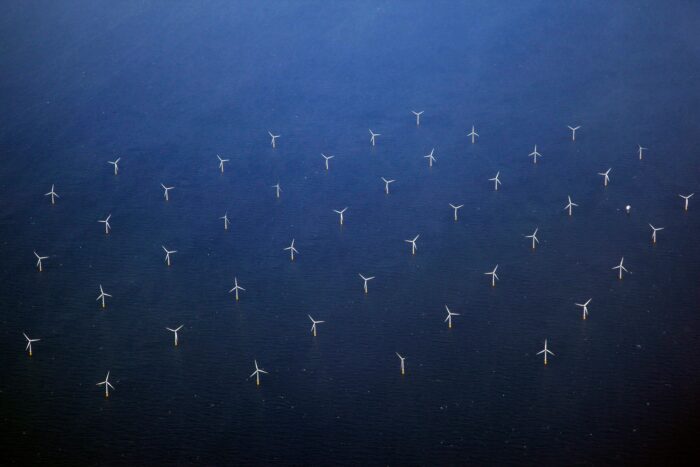The environmental impact of goods and services has become an important selling point towards consumers.1 So far, so-called green marketing has been assessed based on general rules on marketing and industry self-regulation.2 Now, as part of the EU’s Circular Economy Action Plan (which links to the larger European Green Deal strategy), the Commission tackles issues specific to green marketing – which might not always be as green as it seems.
In recent years, the EU Commission has taken great efforts to reduce any risks and confusion related to green marketing. The latest Commission proposal concerning green washing and substantiating environmental claims is expected to be published during March 2023.
Last year the Commission proposed new rules to regulate environmental claims in marketing and consumer relations to enable consumers to make more informed decisions and have an active role in the green transition. This article recaps the key elements of the proposal.
The proposal seems to continue the EU’s efforts to protect consumers in developing environments of, e.g., circular economy, digital services, and artificial intelligence. The Commission’s proposal would amend two directives, the Unfair Commercial Practices Directive (2005/29/EY) and the Consumer Rights Directive (2011/83/EU).
For the Unfair Commercial Practices Directive, the proposal would introduce a number of new commercial practises that can be considered misleading and, therefore, prohibited. It would be prohibited to mislead consumers about certain environmental and circular aspects of products, such as environmental and social impact, durability and reparability. Further, a commercial practise could be misleading if it involves advertising something as a special benefit when it is actually a common practice in the market, or providing comparison tool services for sustainable products without disclosing certain relevant information, such as information about the method of the comparison.
The Unfair Commercial Practices Directive contains a “black list” of commercial practises that are always considered misleading regardless of circumstances. The proposal would supplement the list with ten new practices including, e.g., displaying a sustainability label that is not based on a certification scheme or not established by public authorities, and making an environmental claim concerning the entire product when it concerns only a certain aspect of the product.
Further, the proposed rules would prohibit using so-called generic environmental claims such as “environmentally friendly”, “eco”, “green”, “biodegradable”, “carbon neutral” and “biobased” if such claim could not be demonstrated with recognised excellent environmental performance in accordance with officially recognised eco-labelling schemes in the EU or the Member States, or other applicable EU laws.
As for the Consumer Rights Directive, the proposal would introduce new pre-contractual information that companies should provide to consumers, in particular information on the durability and reparability of goods.
The proposal is currently awaiting the opinion of the European Parliament. Should the proposal be adopted, Member States, including Finland, have 18 months to implement it with 6 additional months to commence the application.
For more information, please see the Commission’s proposal here.
1 Please see a briefing concerning the proposal with references to studies on the importance of environmental impact to consumers.
2 For example, the Board of Business Practice of the Finnish Chamber of Commerce published its own recommendation for the use of environmental claims on 11 January 2023 (please see here).
Special thanks to Pinja Peltomäki who participated in researching for this article and worked as an Associate Trainee at Dittmar & Indrenius in winter 2022.
Contact authors


